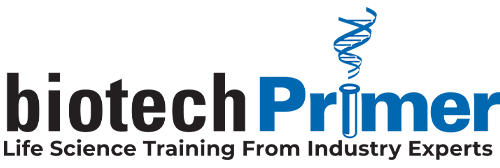BIO Professional Development
Through a curated network of education alliance partners, BIO offers industry professionals executive training and development resources for accelerating career growth
Protein-Based Diagnostics Primer
Protein-Based Diagnostics Primer is an extensive tutorial on protein-based diagnostics commonly used in disease detection in the research and clinic setting. This engaging class covers various tools, including immunoassays, multiplexed assays, lateral flow assays, and chromatography. Get ready to explore the science of ELISA and bead immunoassays, two quantitative diagnostics that measure multiple proteins simultaneously. This course also takes a closer look at Lateral Flow Assay (LFA) technology, a rapid detection diagnostic for target-specific biomarkers. To round out the agenda, this primer ends with an in-depth exploration of chromatography technologies used for protein separation, purification, and analysis. Grab your spot today to gain a deep understanding of these different protein-based diagnostics and their practical implications!

Takeaways
- Discuss what makes antibodies uniquely appropriate for use in protein diagnostics.
- List examples of protein-based diagnostics and state their uses.
- Describe how biomarkers are used in diagnostics.
- Summarize the fundamental science of protein-based diagnostics.
- Analyze and interpret the findings from ELISA, bead immunoassays, lateral flow assays, and chromatography diagnostics.

Certificate Requirements
Complete the course quiz with a passing score of 75% or higher
